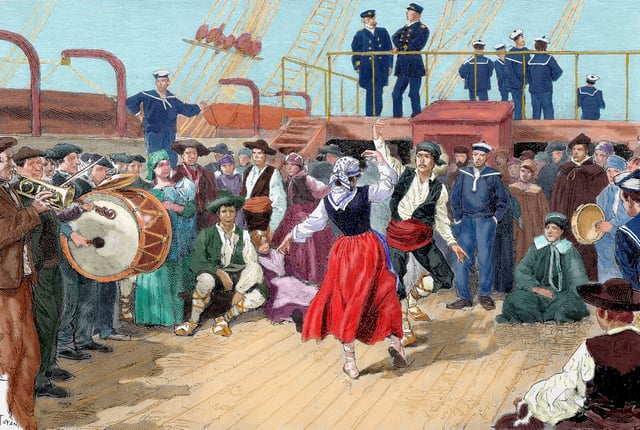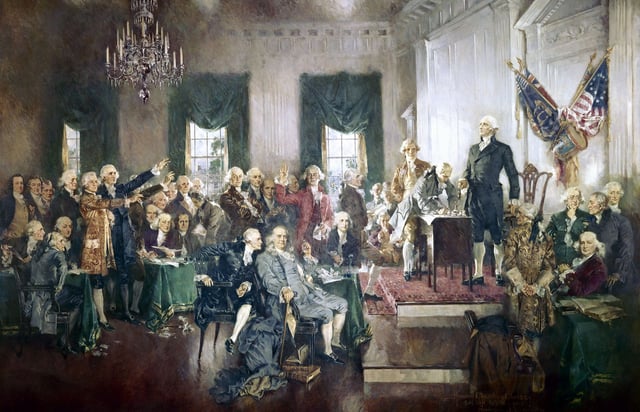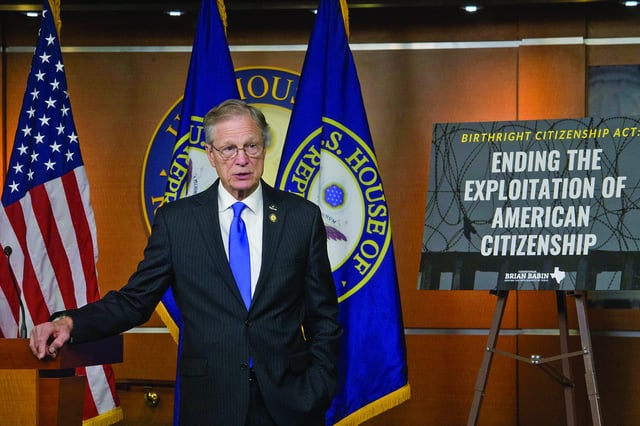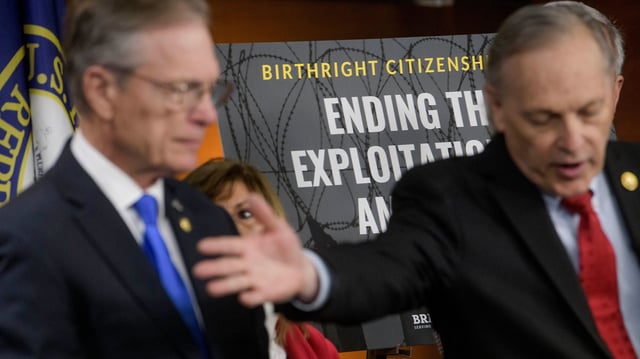Overview
- President Donald Trump signed an executive order on January 20, 2025, aiming to end birthright citizenship for children of undocumented immigrants in the U.S.
- The order has drawn immediate legal challenges, with courts temporarily blocking its implementation while constitutional questions are reviewed.
- Supporters argue the order aligns with the original intent of the 14th Amendment, which they claim excludes children of illegal immigrants from automatic citizenship.
- Critics emphasize that the 14th Amendment, in place since 1868, has been interpreted for over 150 years to grant citizenship to anyone born on U.S. soil, regardless of parents' immigration status.
- The U.S. is one of more than 30 countries worldwide that recognize unrestricted birthright citizenship, a principle particularly prevalent in the Americas due to historical and colonial influences.



